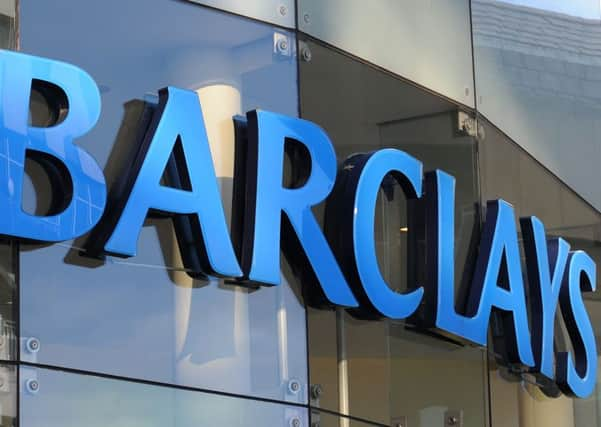Comment: Barclays “not inconveniencing” wealthy clients


Barclays contravened the Money Laundering Regulations 2007, which say that more rigorous monitoring is needed by banks of the money transactions of people holding prominent positions in public life, including their immediate family and close associates.
The regulatory thinking is that being “politically exposed” might make those people more vulnerable to corruption. Barclays senior management either had a memory lapse (not something Jeeves was ever prone to, of course), or just saw sterling signs in their eyes and decided that accumulation was the better part of valour.
Advertisement
Hide AdAdvertisement
Hide AdThe FCA has found no crime on the part of Barclays or the unnamed clients, or anything improper in the provenance of the funds involved.
Rather, the regulator has decided there were enough flashing warning signals for the bank’s senior risk management function, and probably higher, to be aware that they needed to investigate if there was any possibility the group was being used to facilitate financial crime. The FCA found the bank did nowhere near enough to put its own mind to rest.
The detail released yesterday also suggests the senior Barclays individuals involved at least suspected they were wrongly cutting corners on such security issues. The due diligence records on the clients and a complex transaction involving investments, warrants and third-party bonds was only kept in hard copy, not on the bank’s electronic systems. Few knew where they were kept.
Barclays, the FCA said, also agreed to indemnify the clients up to more than £37m if the agreed confidentiality agreements were breached. Clearly, it would not take a banking Poirot to suss it was not your standard “I would like to withdraw £1,000 from my deposit account” territory.
A final piquant note is that it all happened in 2011 and 2012, around the time another part of Barclays was enmeshed in the unedifying Libor rate-rigging. A lax time all round, then.